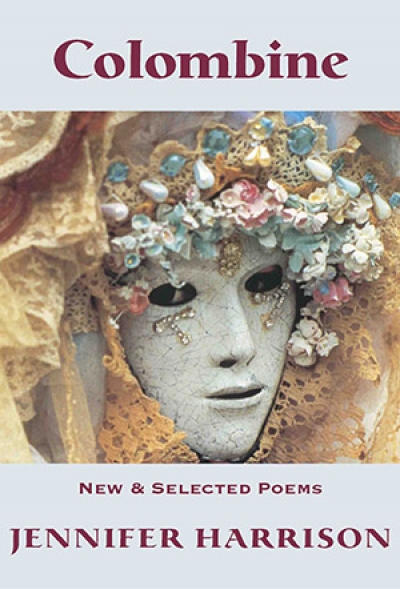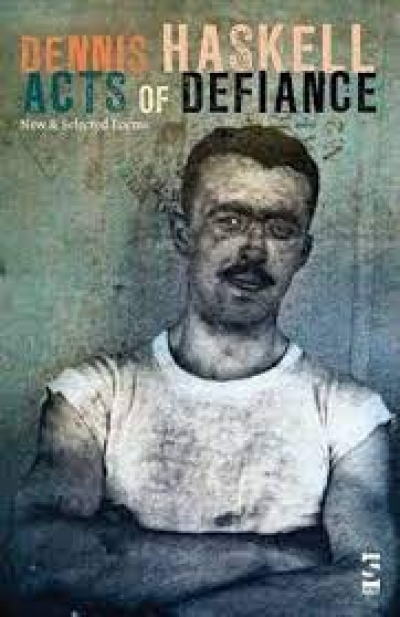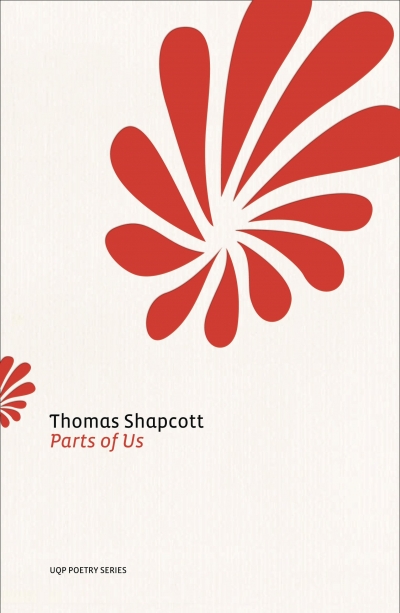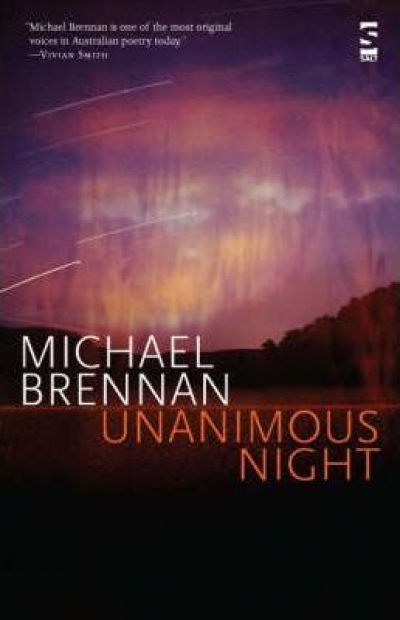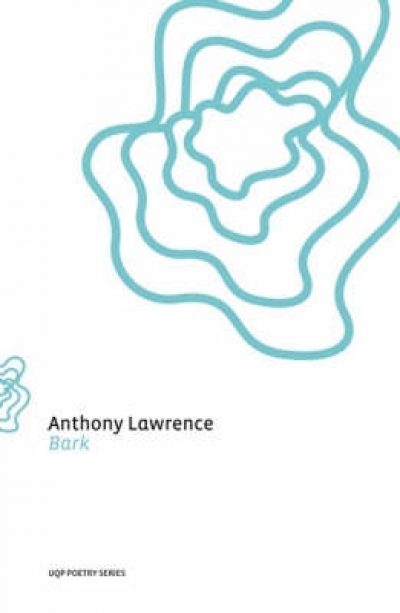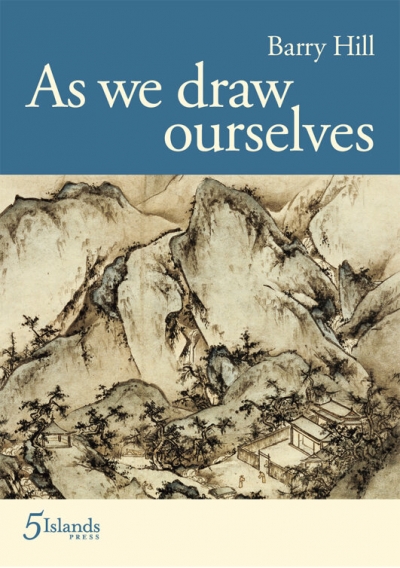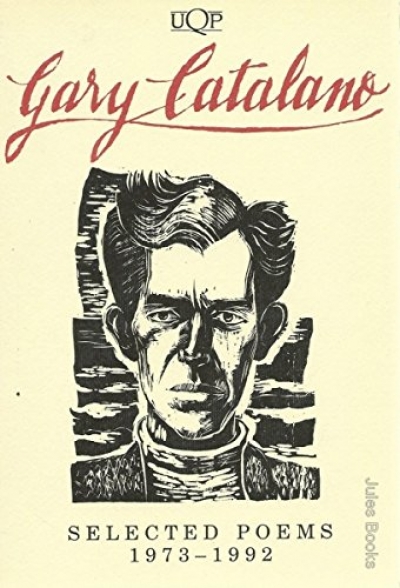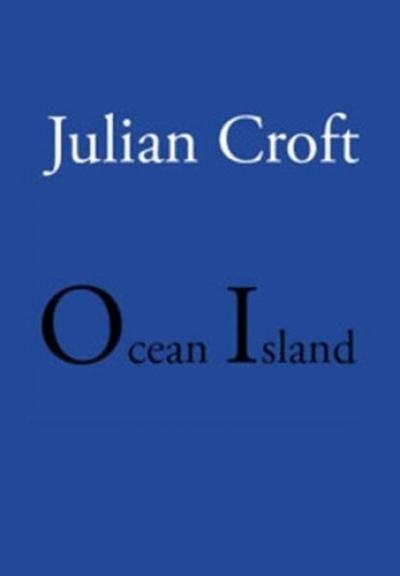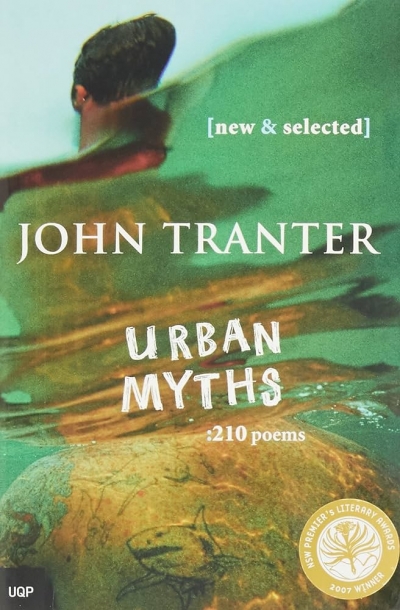This sixth poetry collection by Barry Hill is a fine, intense book of journeying and returns. Poems are based on pilgrimages made in the flesh (to Carrara, to Assisi, to Kyoto) and on those made in the mind as we visit works of art. But there is nothing blandly celebratory about these pilgrimages: the focus is always on the self of the journeyer. Indeed, at a deeper level, its poems are really about the experience of becoming, of being ‘drawn’. And one of the book’s central metaphors is the way there is a double process going on in the creation of the self: we emerge as human beings out of inchoate experience in the way that a sculpture emerges from stone; and, at the same time, we are shaped by the loved ones who surround us.
...
(read more)

